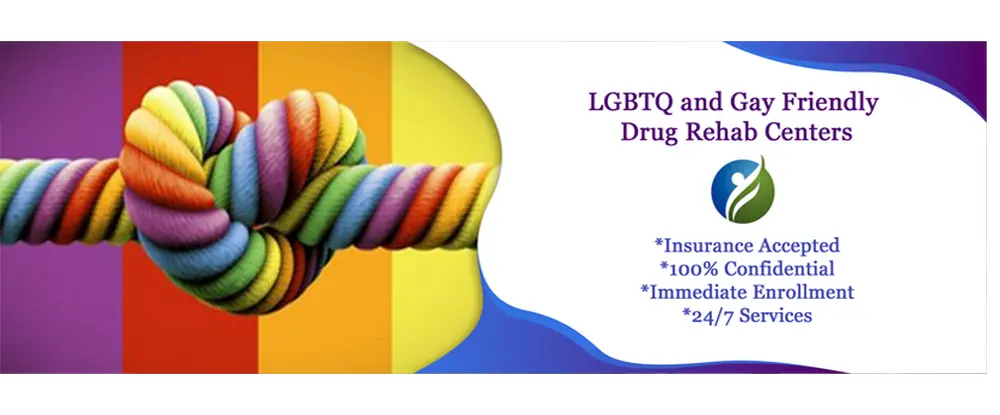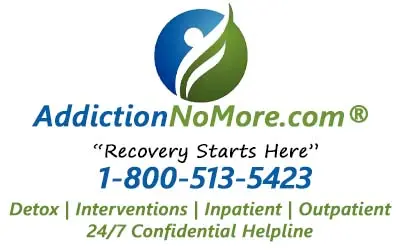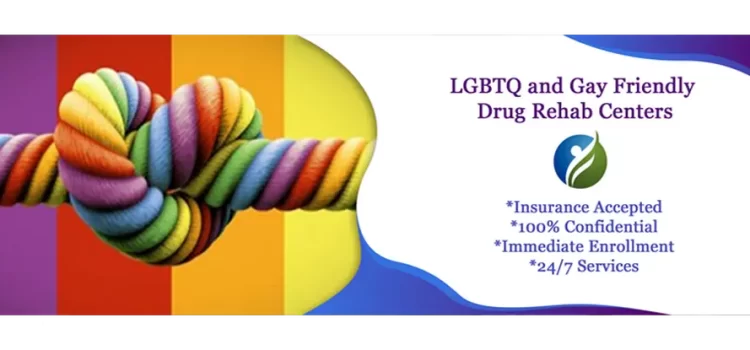Why do members of the LGBT Community Need Specialized Programs?
Many LGBTQIA people are only comfortable in their homes or around groups of people who are part of the same community. The LGBTQIA+ community needs more addiction treatment that specifically targets the issues that are unique to lesbians, gays, bisexuals, and transgender people. Receiving inpatient treatment for addiction in an environment without discriminatory undertones is crucial to the success of the individual seeking treatment for addiction. More acceptance of the community as a whole can have nothing but positive effects on the community. When you are in a constant state of discrimination, adding that dynamic to a substance abuse program can have a devastating effect on people trying to handle their addiction. Most conventional drug rehab centers are not set up to handle the unique hurdles that a person from the LGBTQ community faces. People with different sexual orientations deal with discrimination not only from social issues but also from family and work dynamics as well. The drug treatment for gays, trans people, and lesbians needs to be in such a place that not only accepts the community itself but will support and help the individuals and the complex dynamic of managing their addiction.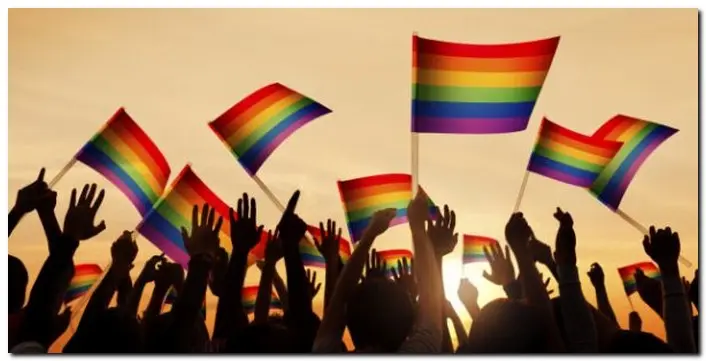
LGBTQ Friendly Drug Rehab Centers are inclusive treatment centers for gay, lesbian, non-binary, and transgender people and all members of the LGBT Community.
Why is the addiction rate higher in the LGBTQ Community?
Addiction has been plaguing the LGBTQ community since the beginning of time. This has been a constant concern for the community. Not only has addiction taken away many of our families, but the rates at which we have been forced to accept the suicide of our community members is alarming, to say the least. Drug addiction and suicide rates are at an all-time high. It is becoming readily “acceptable” to know someone affected by addiction, who lost their lives to the addiction or has committed suicide because they thought they were different. When confronting an addiction to drugs or alcohol, adding the possibility of discrimination and judgmental behavior can have a damaging effect on the ability of the treatment to be successful. The LGBTQ community has an entirely different set of challenges that some treatment programs are not prepared to deliver. Such a program can fail not only the client but can have damaging consequences for the individual seeking help.Discrimination and Homophobia
The many forms of discriminatory behaviors common to the LGBTQIA community can include peer ridicule and rejection, family rejection, which can include physical and mental abuses, rejection from religious organizations and spiritual advisers, random acts of violence against the LGBTQ community, dealing with rejection from friends and family members, loss of custody of your child, public discrimination, or job loss. Homophobia stems from a fear of people who are different from what they are. A homophobic person may act out with bullying or hate crimes. There are many forms of indirect and direct discrimination that people who identify as LGBTQIA have faced in one form or another throughout their entire lives. This discrimination can encompass not only their personal lives but also their public life. Because of this discrimination, LGBT people who are experiencing ongoing discrimination are 4 times more likely to develop a substance abuse disorder.
Coming Out
Coming out can be a very complicated issue for most lesbian, gay, bisexual, or transgender people. It is quite common for those who are hiding the fact that they are part of the LGBTQ community to end up with a substance abuse problem. Properly handling the “coming out” process can help eliminate the need to hide one’s true identity.Depression and Anxiety
A large number of lesbian, gay, bisexual, or transgender persons face depression and anxiety due to many different factors in their lives. While in treatment for addiction, the many triggers that spawn depression and anxiety will be addressed through therapy. Some extreme cases may or may not require medications to help with the process of discovery and handling.Minority Stress Theory
Minority stress theory is a term that has helped classify the constant long-term and short-term stresses that are specific to members of the LGBTQIA community. With a constant barrage of stress associated with homophobia, prejudices, and victimization from groups and individuals alike, this can have severe life-changing experiences that normal heterosexual people do not face on a day-to-day basis. Many from our community have had some or all of these disgusting acts manifested at or towards them at one point in their life. Minority Stress disorder can have serious, serious harmful manifestations, including homelessness, self-harm, substance abuse,alcohol abuse, self-loathing, and even suicidal thoughts and attempted suicide in some extreme cases.Misgender Issues
People that identify as transgender, face unique challenges and will learn how to better handle problems related to being misgendered without the need to self-medicate. Transgender-specific drug rehabs will focus on how to properly handle our own sexual orientation or gender identity.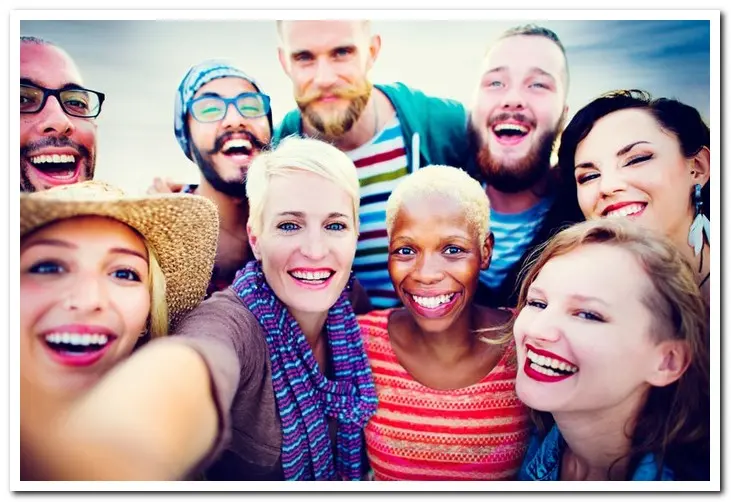
How We Can Help
Toll-free, no-obligation, 100% confidential call. We can help you find a rehab center that you will feel comfortable in. Call us today.
1-800-513-5423

Sources
LGBT Specific Mental Health and Rehabs
LGBTQIA+ People and Substance Use
LGBT+ Behavioral Health
Transgender Healthcare
Erik Epp – Content Author
